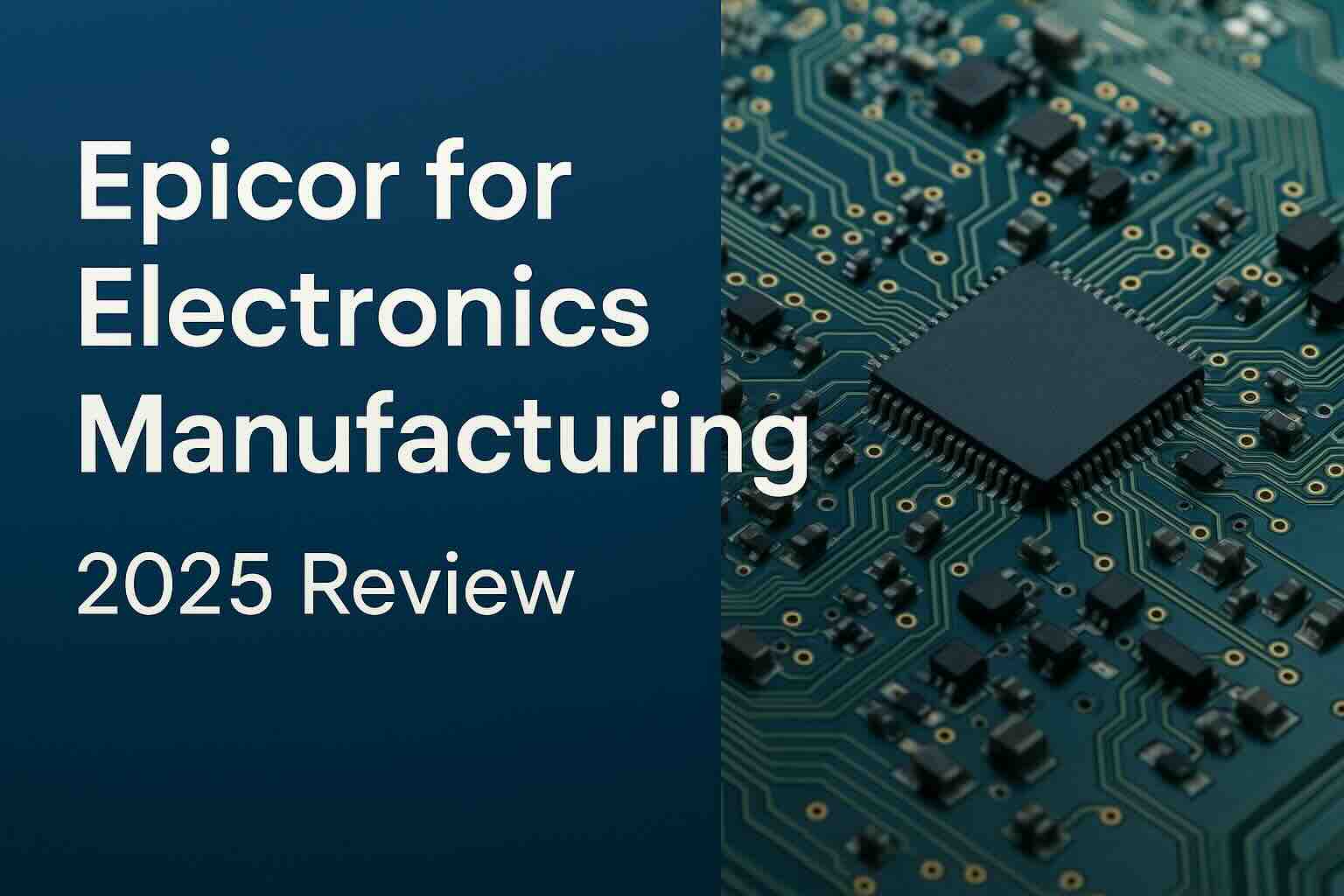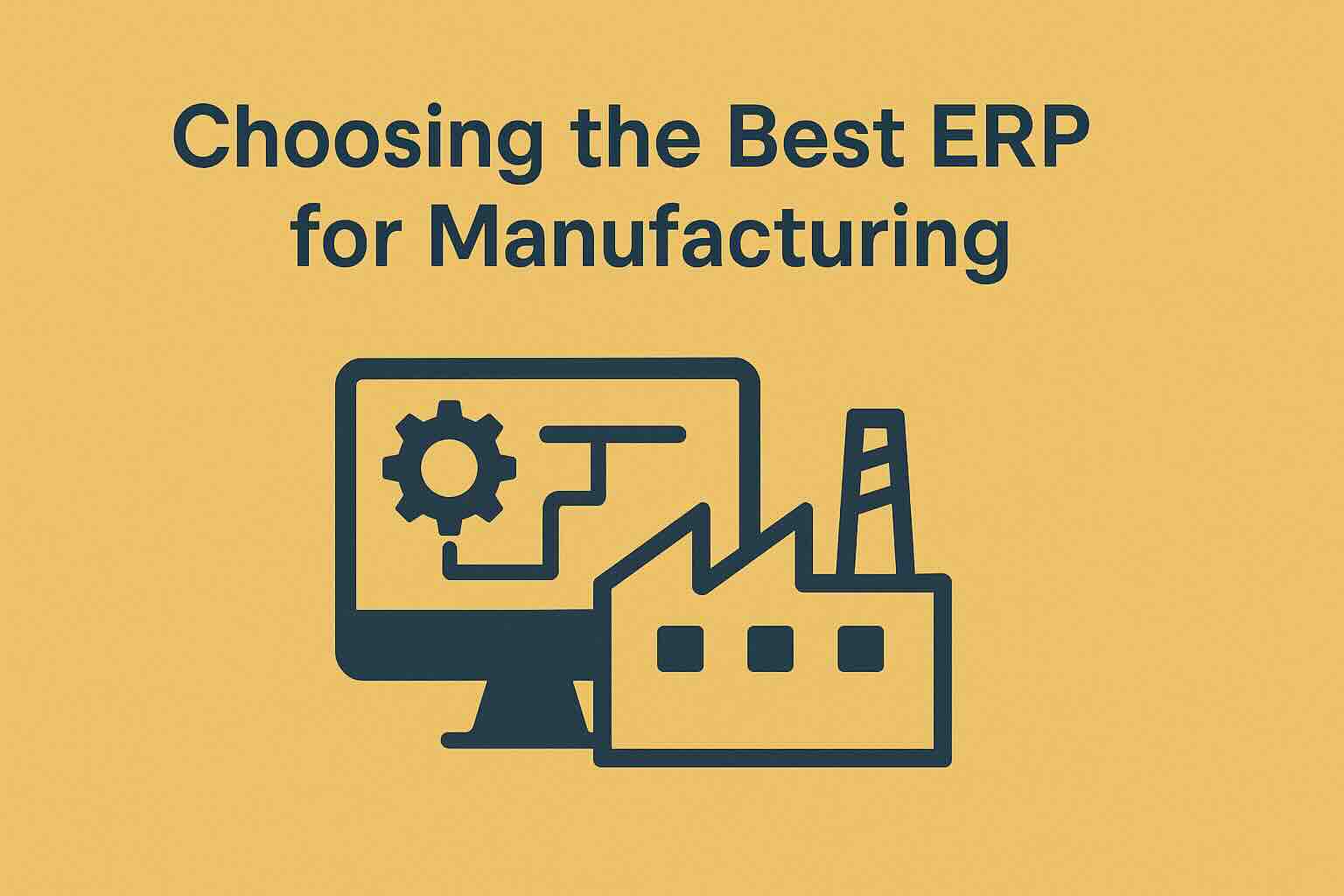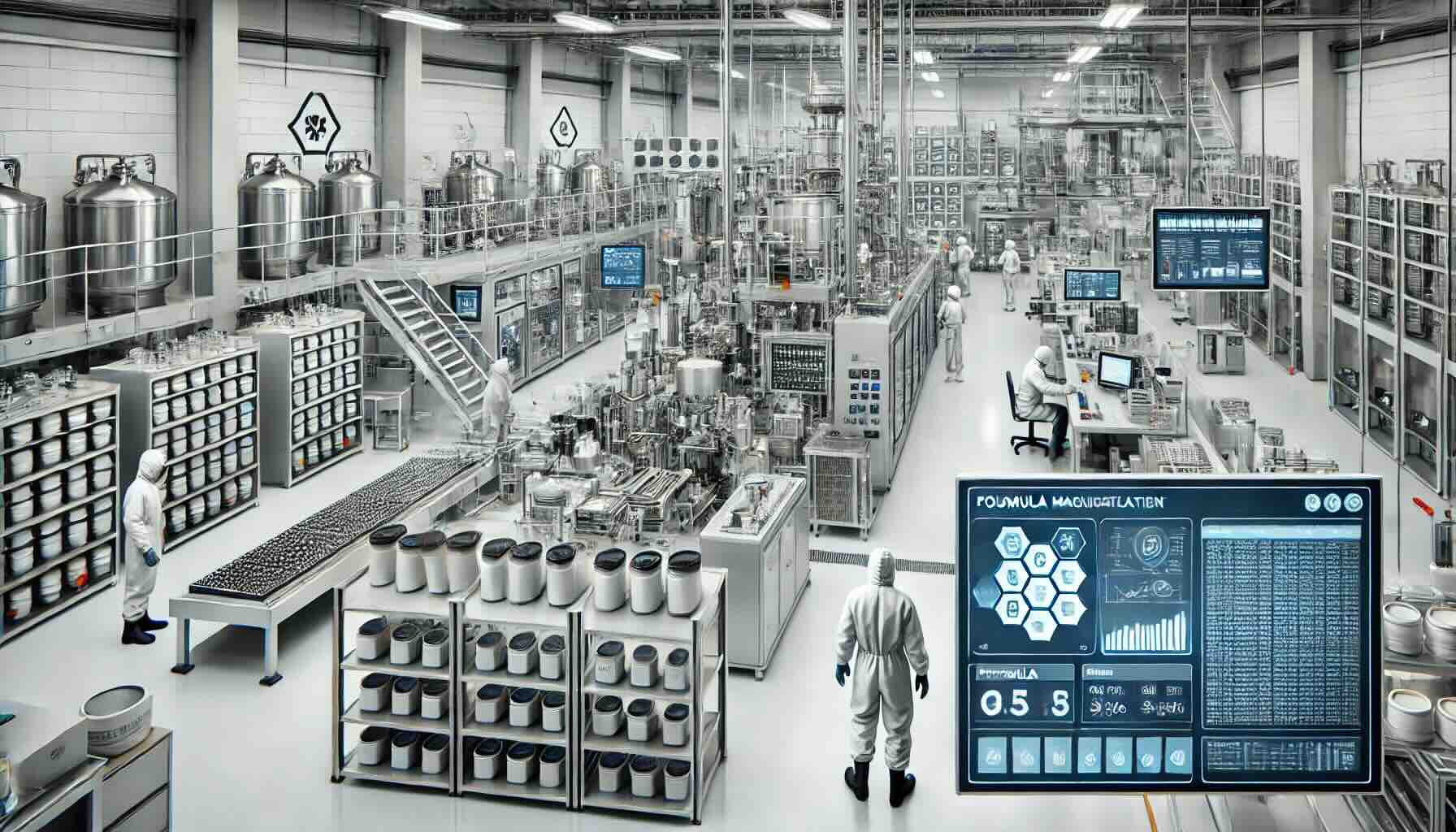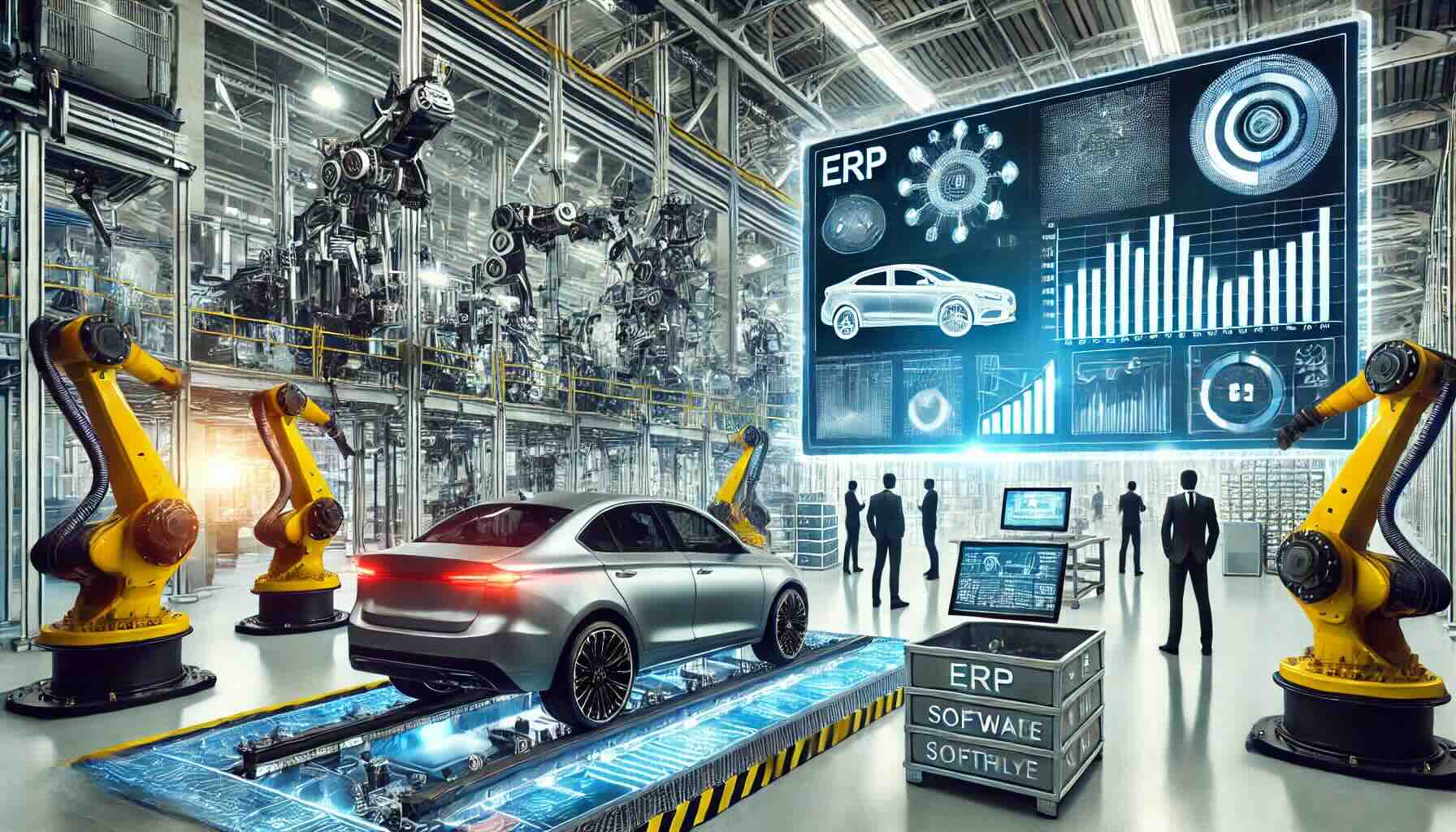Best ERP Solutions for Hospitals
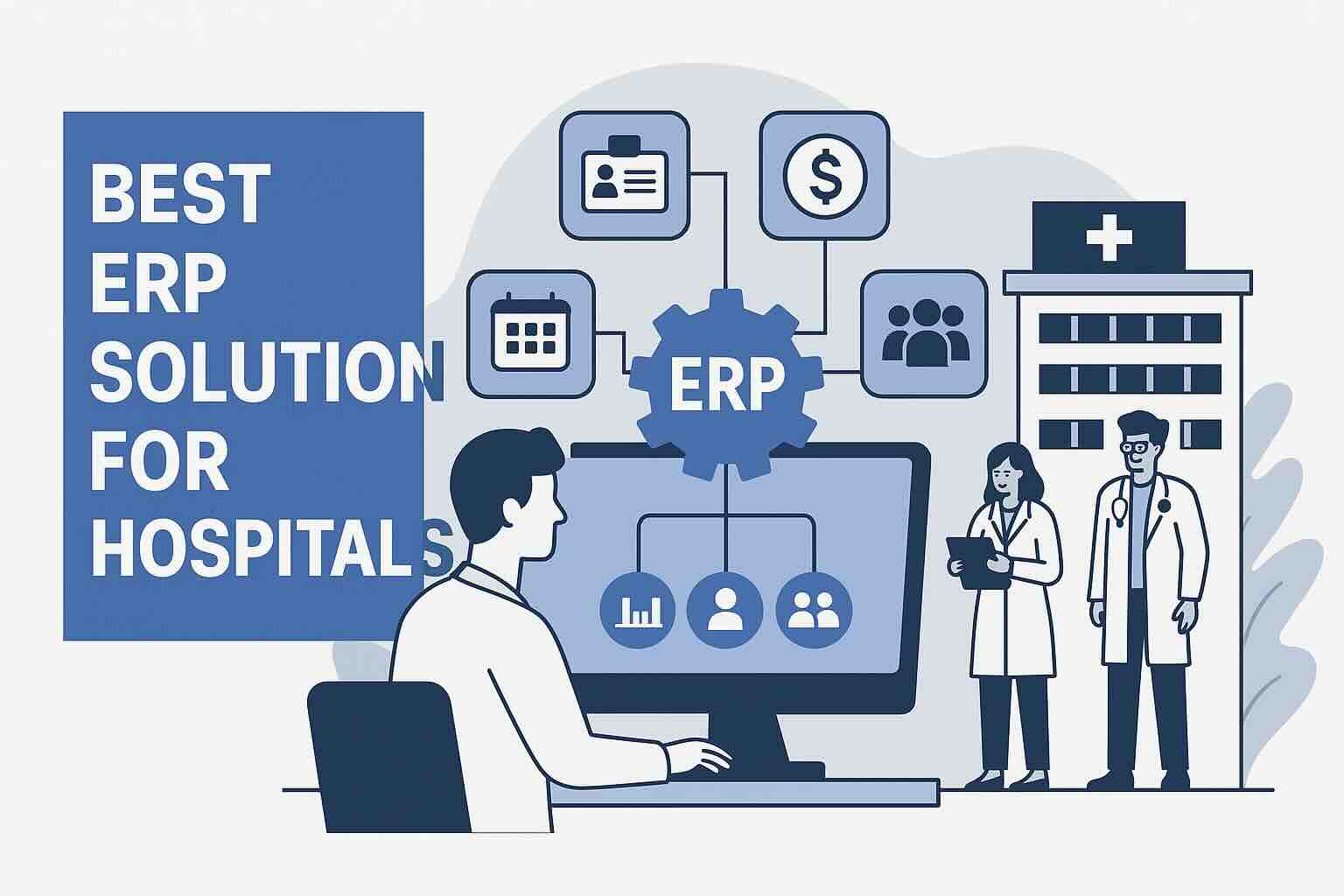
In the ever-evolving world of healthcare, hospitals are constantly seeking ways to improve patient care, streamline operations, and reduce costs. One of the most effective ways to achieve these goals is by implementing ERP solutions for hospitals. These powerful software systems integrate all aspects of hospital management into a single, centralized platform. From patient records and billing to inventory and HR, ERP (Enterprise Resource Planning) systems help hospitals run more efficiently and deliver better outcomes.
In this article, we’ll explore the best ERP solutions for hospitals in 2025, key features to look for, and how they can transform your healthcare organization.
What Are ERP Solutions for Hospitals?
ERP solutions for hospitals are comprehensive software systems designed to manage and automate various hospital functions, including:
-
Patient registration and medical records
-
Billing and insurance processing
-
Inventory and supply chain management
-
Human resources and payroll
-
Scheduling and facility management
-
Financial accounting and reporting
By consolidating data across departments into a unified platform, ERP systems provide real-time insights, reduce administrative overhead, and enhance decision-making.
Why Hospitals Need ERP Solutions
Hospitals handle vast amounts of data and face increasing pressure to deliver high-quality care while maintaining financial sustainability. Here’s why ERP solutions for hospitals have become essential:
-
Improved Efficiency: Automating repetitive tasks and integrating systems reduces manual errors and saves time.
-
Enhanced Patient Care: With centralized access to patient information, clinicians can make more informed decisions quickly.
-
Data-Driven Insights: Real-time dashboards and analytics help hospital administrators monitor performance and identify areas for improvement.
-
Regulatory Compliance: ERP systems help ensure compliance with healthcare regulations and standards like HIPAA.
-
Cost Control: Better inventory, HR, and financial management leads to reduced operational costs.
Top ERP Solutions for Hospitals in 2025
Here are some of the best ERP solutions for hospitals that are leading the industry in 2025:
SAP for Healthcare
SAP is a global leader in enterprise software, and its healthcare ERP suite is one of the most comprehensive available. SAP’s system offers robust tools for clinical data management, financials, HR, and procurement. It also integrates with electronic health records (EHRs), enabling seamless data sharing across departments.
Highlights:
-
Real-time analytics and reporting
-
Advanced supply chain management
-
Integration with IoT and AI technologies
To find out more about SAP click this link.
Oracle Health
Oracle Health offers cloud-based ERP solutions tailored for the healthcare industry. With strong capabilities in finance, procurement, and workforce management, Oracle is ideal for large hospitals and healthcare networks looking for scalability and performance.
Highlights:
-
Cloud-native platform
-
Predictive analytics and AI tools
-
Strong financial and compliance features
To find out more about Oracle click this link.
Microsoft Dynamics 365 for Healthcare
Microsoft Dynamics 365 combines CRM and ERP functionalities into one flexible platform. For hospitals, it supports everything from patient engagement to resource planning. Its integration with Microsoft tools like Teams and Power BI makes it a popular choice for organizations already using Microsoft products.
Highlights:
-
Seamless Microsoft ecosystem integration
-
AI-powered insights and automation
-
Scalable for small to large hospital systems
To find out more about Microsoft Dynamics click this link.
Infor CloudSuite Healthcare
Infor’s CloudSuite Healthcare is a cloud-based ERP platform designed specifically for hospitals and healthcare systems. It offers tools for financials, human capital management, supply chain, and clinical integration.
Highlights:
-
Industry-specific features
-
Real-time collaboration tools
-
Strong user experience and customization
To find out more about Infor click this link.
Workday for Healthcare
Workday is a cloud-based ERP solution known for its intuitive design and strong performance in financial management, human resources, and analytics. While it doesn’t offer clinical modules like some healthcare-specific systems, it excels in streamlining the administrative backbone of hospitals and healthcare systems. Many organizations integrate Workday with their existing EHR platforms to create a full enterprise ecosystem.
Highlights:
-
Robust HR and finance management tools
-
Real-time data analytics and reporting
-
Scalable cloud architecture with a modern user experience\
To find out more about Workday click this link.
Key Features to Look for in ERP Solutions for Hospitals
When evaluating ERP systems, hospitals should consider the following essential features:
-
Modular Design: Choose systems that allow you to scale and add modules as needed.
-
Interoperability: Ensure the ERP can integrate with existing EHRs and other medical systems.
-
Security and Compliance: Look for strong data protection, HIPAA compliance, and role-based access controls.
-
Cloud Capability: Cloud-based ERPs offer better scalability, remote access, and lower infrastructure costs.
-
User-Friendly Interface: Easy-to-use dashboards and mobile access can boost adoption and reduce training time.
Final Thoughts
As the healthcare industry becomes more complex, the need for integrated, intelligent management systems has never been greater. Implementing the right ERP solutions for hospitals can transform operations, reduce costs, and most importantly, improve patient outcomes. Whether you’re managing a single hospital or an entire network, investing in a top-tier ERP solution is a strategic move toward a smarter, more efficient future.
If you’re evaluating ERP solutions for hospitals in 2025, the options listed above are a great place to start. Always consider your specific needs, budget, and long-term goals when choosing the best system for your organization.
Find the Perfect ERP in Minutes with Compare ERP
Choosing the right ERP can transform your business. With our AI-powered Compare ERP tool, you can quickly explore and compare solutions tailored to your needs. Get a personalized recommendation in less than five minutes. Our advanced engine analyzes millions of data points across 100+ ERP solutions, delivering your top three picks based on your business priorities. Best of all, it’s completely free. Take the first step toward streamlining operations and boosting productivity – start comparing today!

